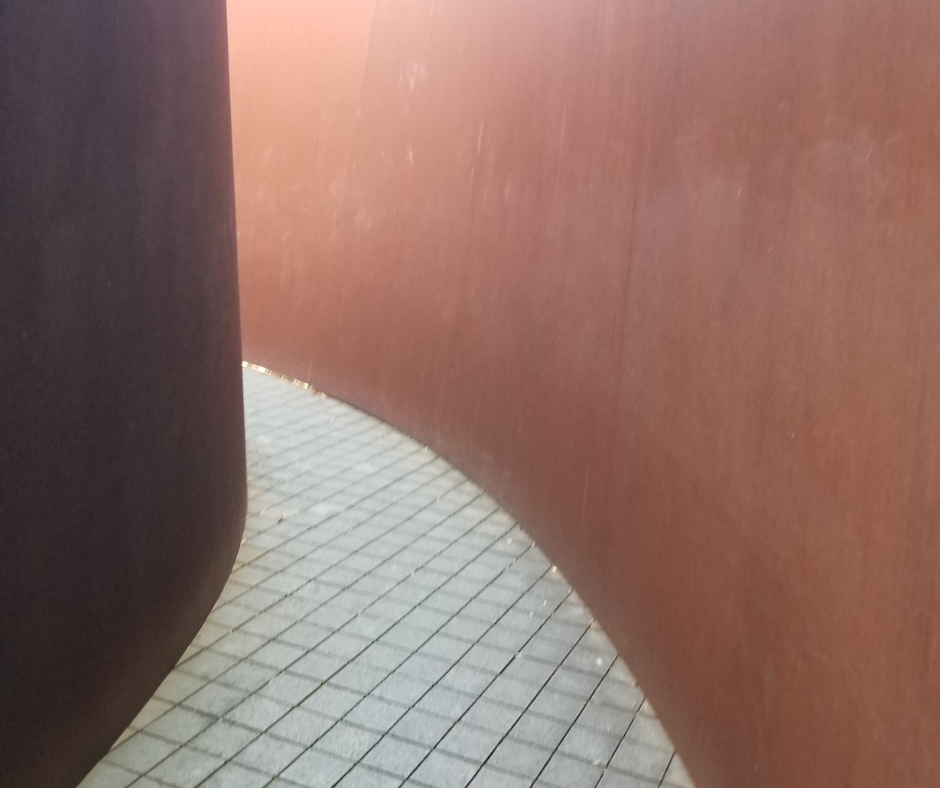Passover recalls escaping slavery, which is the narrowest imaginable place. Slavery not only shrinks the world, but it also constricts the spirit. In modern times, physical slavery continues. And there is also personal slavery as we are sometimes enslaved in the Egypt of our own making.
The word mitzrayim translates from Hebrew into a narrow place. The Hebrews literally escaped from the narrowness of slavery into freedom. Yet the geographic and political sense of narrowness evoked by Egyptian oppression of the Hebrews also calls spiritual and psychological degradation to mind.
From a spiritual view, the Hebrew slaves were at the 49th of 50 levels of spiritual degradation. Their rescue from Egypt came just before their souls would have been utterly lost and irredeemable. From a psychological point of view, enduring hundreds of years of oppression impairs psychological health, squeezing out essential emotions such as hope and joy.
While we celebrate the freedom of the Hebrews and see ourselves as if God freed us, this concept has modern applications. Many of us experience a self-imposed constriction of the soul and mind. With such mental oppression, we squeeze out hope and confidence. My friend, Rabbi Jennifer Singer, wrote beautifully about this very idea.
“We all have our narrow spaces to escape, and our own Pharaohs holding us back. Sometimes the tyrant is our own voice; slandering, speaking ill, and downplaying skills and successes. There are times when I am astonished at the things I say to myself, things I’d never dream of saying to another person.
I think about the fact that in Exodus, when Moses stands barefoot before the bush that burns but is not consumed, God is kinder to Moses than Moses is to himself. Moses can’t accept that he is capable, that he can effect change, and that people will turn to him as their leader. Even in the Presence of God’s confidence in him, Moses doubts.
May we each be blessed . . . to have faith in ourselves and escape from the narrow places where we have confined ourselves. May we be strong in the face of adversity and resilient in times of stress, and may we each have the confidence to say, “I am enough.” And I would add, “I am free!”
Thank you Rabbi Jennifer.
Rabbi Evan J. Krame




